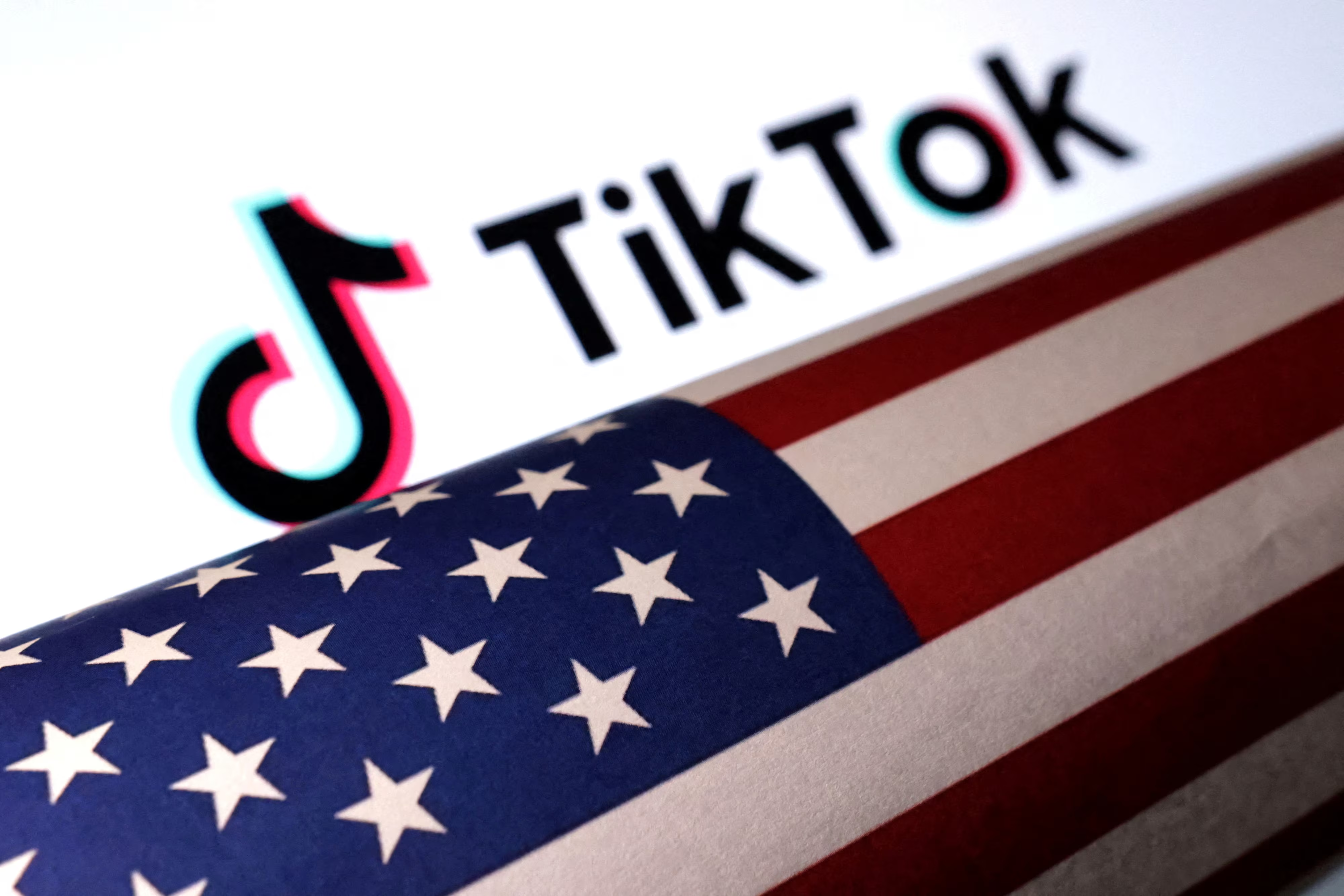Supreme Court agrees to review TikTok ban-or-sale law
The TikTok controversy is being addressed by the Supreme Court.
On Wednesday, the high court agreed to rule on the constitutionality of a law that would ban the app next month unless it is sold.
Oral arguments are scheduled for January 10, nine days before TikTok’s sell-or-be-banned deadline, but the court did not pause the law, delaying that decision.
Following classified briefings on the threat TikTok poses to American security, Congress passed the law in April. Unless TikTok is fully separated from its parent company, China-based ByteDance, the law would compel the app to shut down in the United States.
However, TikTok has maintained that, contrary to what critics have claimed, the Chinese government is not directly influencing the American public by controlling the feed of the video-sharing app.
The law requires web-hosting companies to cease supporting TikTok or face severe financial penalties, and it prohibits the app from being available in the Google and Apple app stores.
A federal appeals court upheld the law’s validity earlier this month, ruling that it was a suitable means of addressing what lawmakers claim to be a national security threat. Soon after, TikTok’s attorneys filed an emergency motion requesting that the Supreme Court halt the ban.
TikTik has argued that singling out the app represents an unprecedented suppression of the free speech of 170 million American users.
While there are bipartisan concerns about TikTok’s corporate parent company being based in Beijing, government officials have never cited a specific instance of the Chinese government using the app to collect data on Americans, or harnessing the service to spread disinformation.
Six legal scholars told NPR in May that forcing TikTok to be shut down over national security concerns that were unspecified represents a violation of the First Amendment.
Yet in affirming the law earlier this month, the U.S. Court of Appeals for the District of Columbia Circuit said it was protecting free speech by preventing a foreign adversary from influencing what U.S. citizens view on the app.


Официальный Telegram канал 1win Casinо. Казинo и ставки от 1вин. Фриспины, актуальное зеркало официального сайта 1 win. Регистрируйся в ван вин, соверши вход в один вин, получай бонус используя промокод и начните играть на реальные деньги.
https://t.me/s/Official_1win_kanal/1321